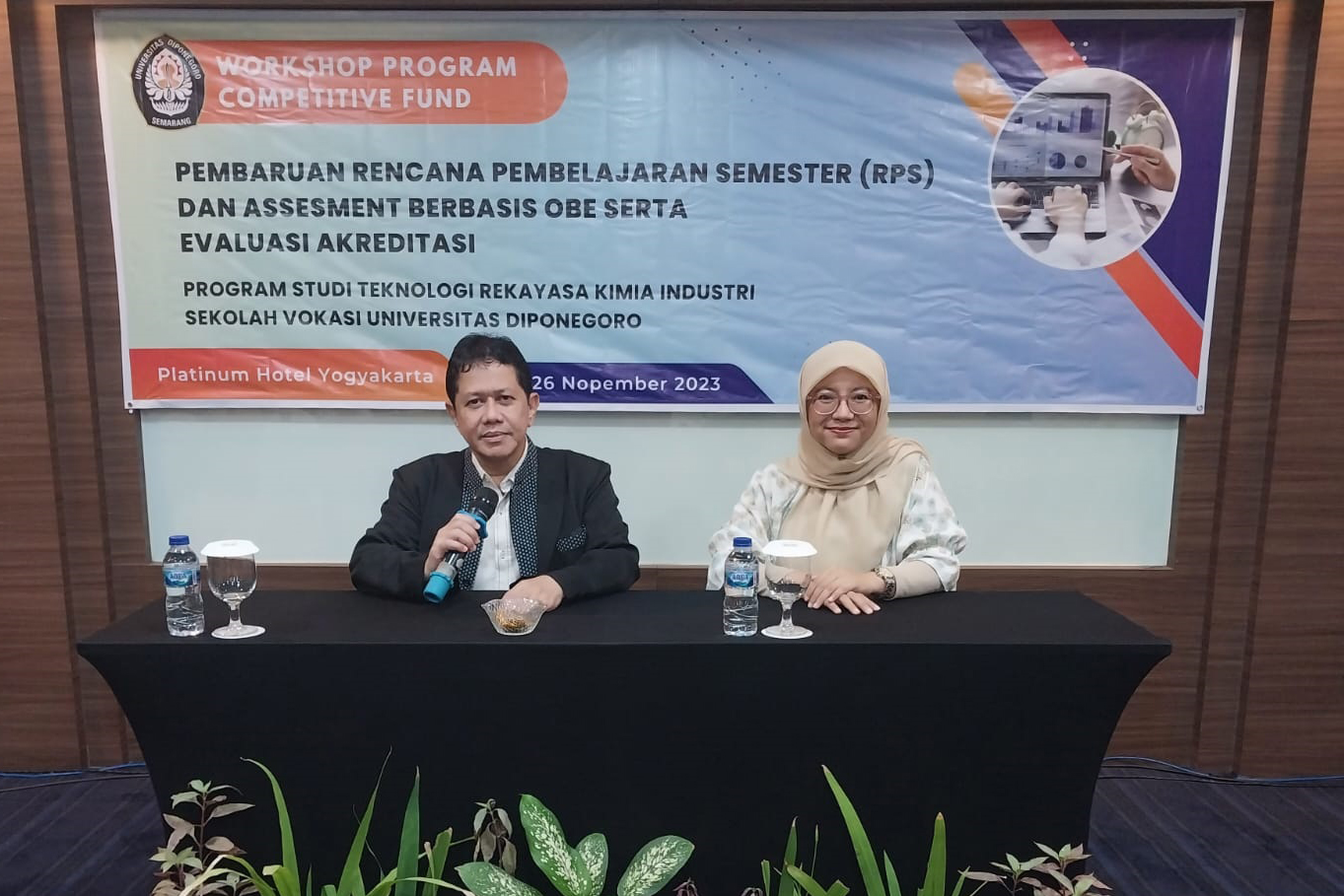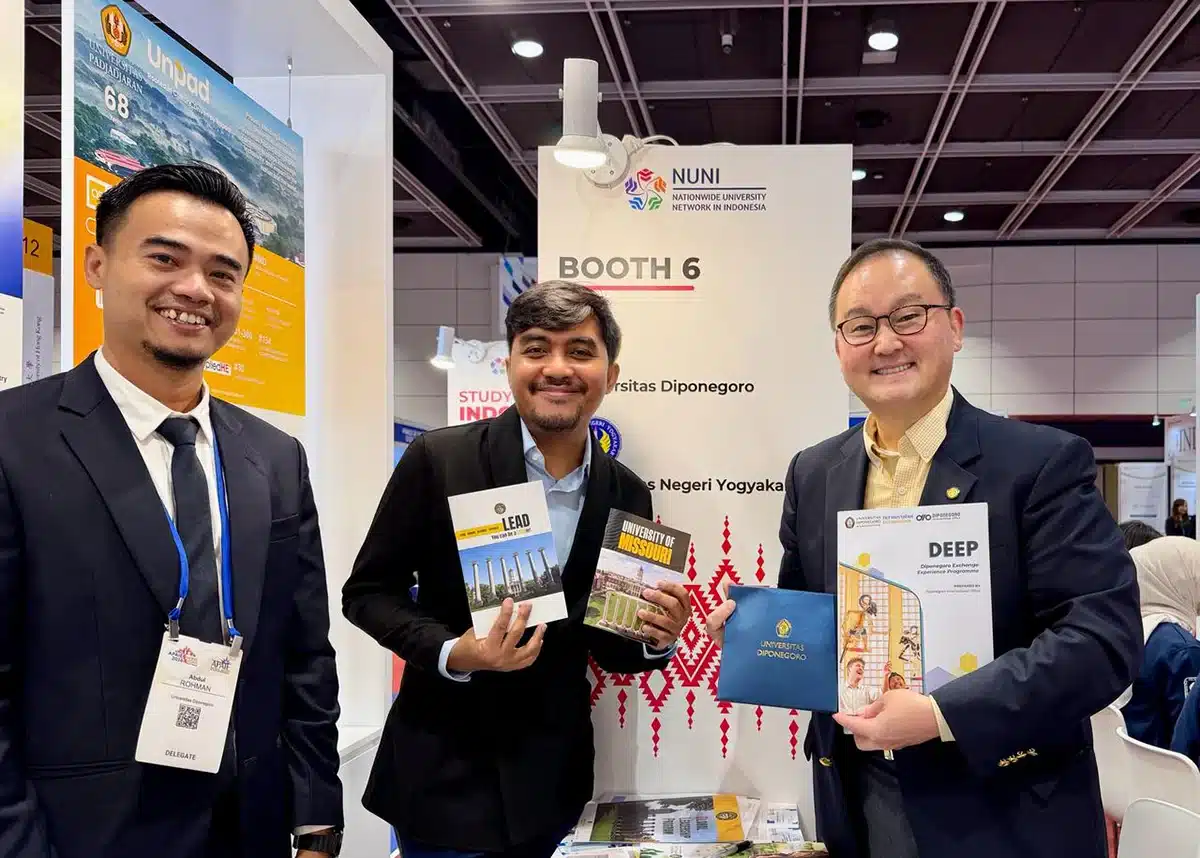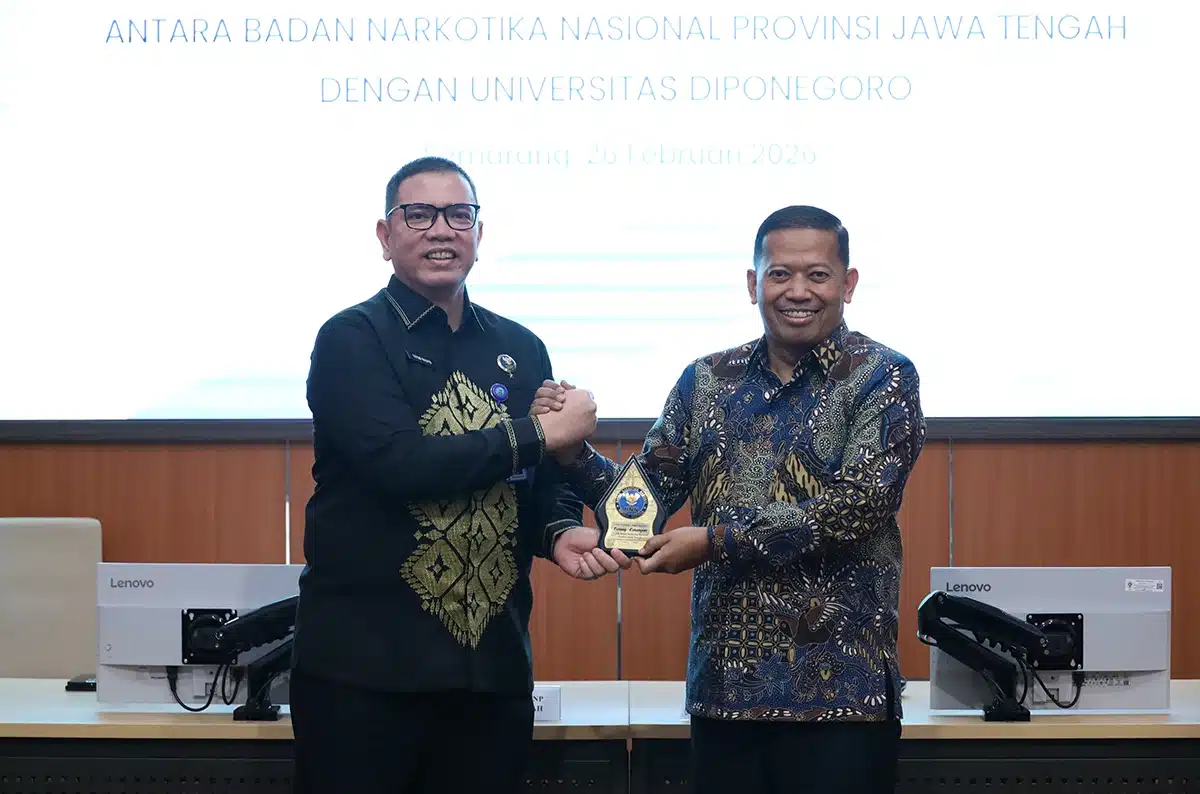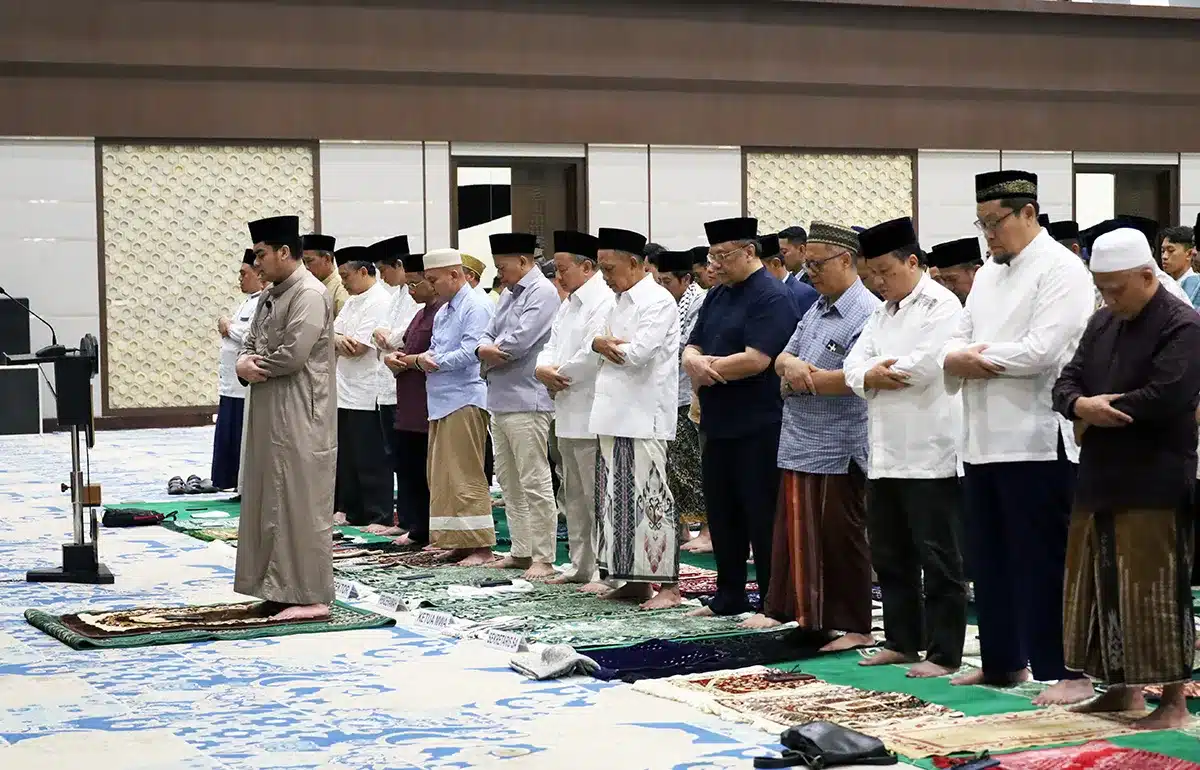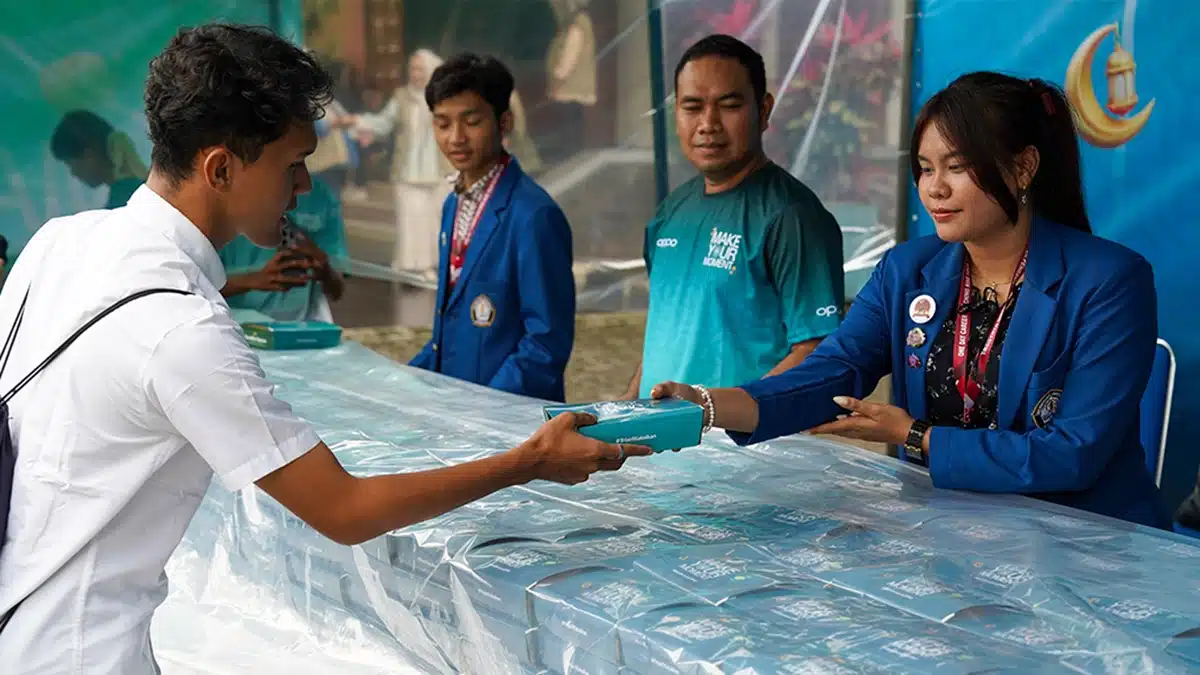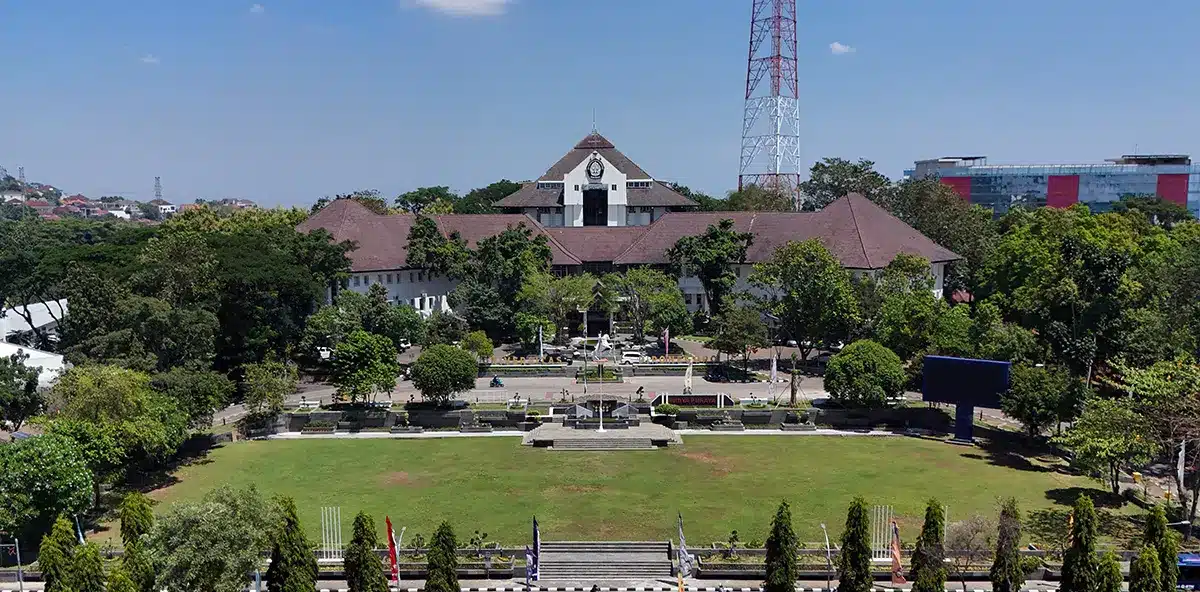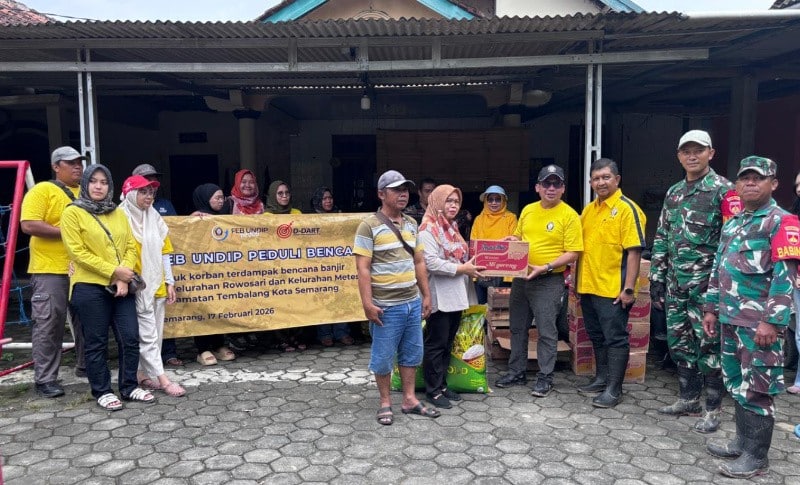The Industrial Chemical Engineering Technology (TRKI) Study Program, Vocational School, Diponegoro University (Undip), held a Competitive Fund Program Workshop which aimed to update the Semester Learning Plan (RPS) and roll out Outcome Based Education (OBE) based assessments. This event, which was held at the Platinum Hotel Yogyakarta on November 24-26, 2023, was the first step in realizing superior and internationally accredited learning.
This workshop, led by Anggun Puspitarini Siswanto, S.T., Ph.D., focuses mainly on designing vocational learning that is in line with industry needs and meets international standards (KPI number 8). Head of the TRKI Study Program, Mohamad Endy Yulianto, S.T., M.T., stated that this activity was a concrete step to implement a complete Teaching Factory (TEFA)-based Outcome Based Education (OBE).
“We are committed to creating an independent campus environment at the Undip Vocational School as a whole (KPI number 2). “This workshop also includes Project Based Learning (PBL), which has a multiplayer effect and can be participated in by all study programs,” said Endy.
Furthermore, Endy explained that TRKI’s learning approach focuses on learning outcomes with an interactive, independent and self-aware learning system. Their curriculum design still meets basic science requirements of at least 20%. In comparison, 40-50% of courses are stressed through Dual System modified competencies that are integrated with the Teaching Factory in accordance with job market needs and industrial developments. This workshop is more than just a step forward in improving the quality of vocational education. Still, it is also a real contribution to the Undip TRKI Study Program in supporting industrial development and global competition.
The industry needs competent graduates who are in line with the industry’s need for excellent graduates. PT. Unilever Oleochemical Indonesia, together with the Industrial Chemical Engineering Technology (TRKI) Study Program at Diponegoro University (Undip), took innovative steps by developing a competency curriculum.
Khairul Sahidun, Assistant HR Manager from PT. Unilever Oleochemical Indonesia has attended the event. It is known that the industry requires graduates who not only have academic qualifications but also relevant practical skills. Khairul explained that one of the initiatives taken was the establishment of an Oleochemical training and learning center in Indonesia. This center will involve teaching staff from TRKI lecturers and practitioners from PT. Unilever Oleochemical Indonesia, with a focus on teaching factory practices of methyl esters and their derivatives for cosmetics. Apart from that, direct learning at the plant of the PT. Unilever Oleochemical Indonesia will be an integral part of the curriculum.
Prof. Dr. Drs. Putu Sudira, M.P., from UNY, and Dr.Eng.Ir. R. Darmawan., S.T., M.T., GelK., IPM., ASEAN, Eng from ITS also attended as resource persons at this event. They provide insight into Semester Learning Plan Updates (RPS) and Outcome Based Education (OBE) based assessments. The resource persons also shared tips, tricks, key concepts, and principles of OBTVET, as well as strengthened the KPI of independent learning towards SYBERGOGY.
In his speech, Prof. Dr. Ir. Budiyono, M.Si., as Dean of the Diponegoro University Vocational School, supports vocational learning innovations developed by the TRKI Study Program. He emphasized the importance of outcome-based education, a modified dual system to produce graduates who are ready to work. “In order to achieve the vision of vocational schools as centers of superior vocational education, we need to prepare graduates to be globally competitive, which includes not only hard skills but also soft skills. It’s Vocational Champion Time!” said Prof. Budiyono.
This event is a positive step towards synergy between the world of education and industry, creating graduates who are ready to face the demands of the global job market. Vocational education is not only a place to learn but also a place to form competencies that suit the needs of future industries.
